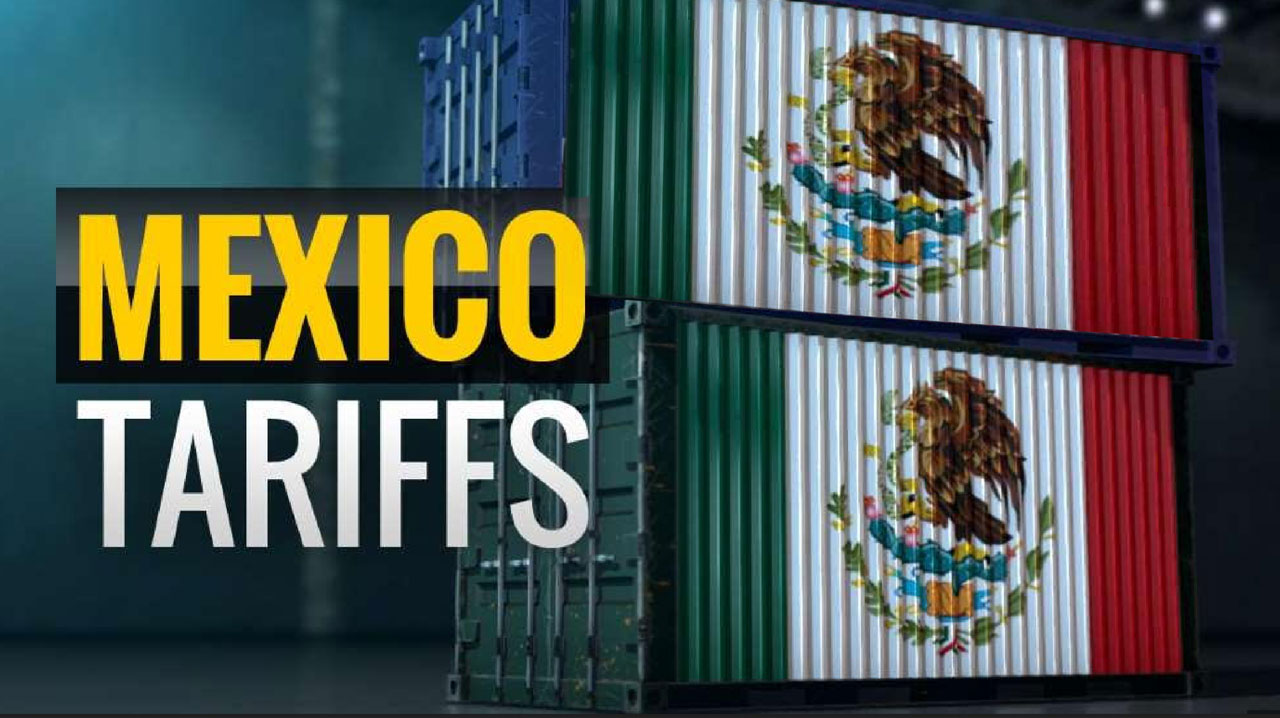For textile companies importing goods into the U.S., Mexico has long been a critical partner and transit point. However, regulatory shifts that took effect on December 20, 2024, are reshaping the landscape for apparel and textile imports. These changes are causing ripples throughout the industry, leaving many businesses seeking new solutions to maintain profitability and efficiency.
What Are the New Tariff Changes?
As of December 20, 2024, Mexico has implemented tariffs of up to 35% on a wide range of textile and apparel products. This tariff increase applies to goods imported under Mexico’s IMMEX program, which previously allowed duty-free importation of raw materials and export of finished products.
Additionally, textile and apparel products manufactured outside of Mexico but shipped through Mexico into the U.S. now face increased scrutiny and tariffs. The new tariffs are designed to curb transshipment practices and protect Mexico’s domestic textile industry from being undermined by foreign goods passing through Mexico duty-free.
The result? Textile companies that have relied heavily on Mexico as a logistics hub must now reassess their import strategies to remain competitive.
How This Impacts Textile Companies
Textile companies now face:
- Higher Tariffs: The new tariffs of up to 35% raise costs significantly, especially for companies accustomed to lower or duty-free shipments.
- Stricter Enforcement: Goods passing through Mexico for import into the U.S. are now undergoing heightened scrutiny, increasing the likelihood of delays and additional costs.
- Reduced Savings: The inability to bypass tariffs through the IMMEX program means higher duty costs, which can cut into profit margins.
- Logistics Disruptions: Textile companies may experience supply chain slowdowns as they search for alternative routes or shift fulfillment operations closer to U.S. markets.
Solutions for Navigating Mexico’s Tariff Changes
At AP Express Logistics, a California-based 3PL, we understand the complexities these changes introduce. As businesses scramble to adapt, AP Express offers tailored solutions that help textile companies navigate this shifting landscape.
- Direct-to-Consumer Fulfillment from U.S. Warehouses By leveraging AP Express’s 2.1 million sq ft of warehouse space on the West Coast, textile companies can bypass the need for transshipment through Mexico. Our strategically located California facilities provide efficient, low-cost storage and fulfillment directly into U.S. markets.
- Customs Brokerage and Compliance Expertise Our in-house customs experts ensure that your imports comply with all regulations, minimizing the risk of penalties or delays. We stay ahead of policy changes, offering guidance on how to adjust your shipping practices in real time.
- Flexible Warehousing and Inventory Management AP Express offers scalable warehousing solutions, allowing textile companies to store surplus inventory closer to their end customers. This mitigates the need for cross-border transit while keeping goods readily available for rapid order fulfillment.
- Parcel Consolidation and Cost Optimization AP Express can help segment and consolidate shipments, ensuring efficient distribution without unnecessary transit through high-tariff regions. This allows textile companies to maintain profitability even as tariff landscapes shift.
Why Partner with AP Express?
As a California-based 3PL, AP Express is ideally positioned to help textile companies adjust to the evolving import landscape. Our proximity to West Coast ports, deep industry expertise, and commitment to innovative solutions make us a trusted partner in navigating regulatory change. We work closely with textile businesses to develop supply chain strategies that minimize costs, maximize efficiency, and ensure compliance.
If your company is grappling with the new realities of Mexico’s tariff changes, AP Express is ready to help you pivot and thrive in this changing environment. Contact us today to discuss how we can optimize your import strategy and safeguard your supply chain.

